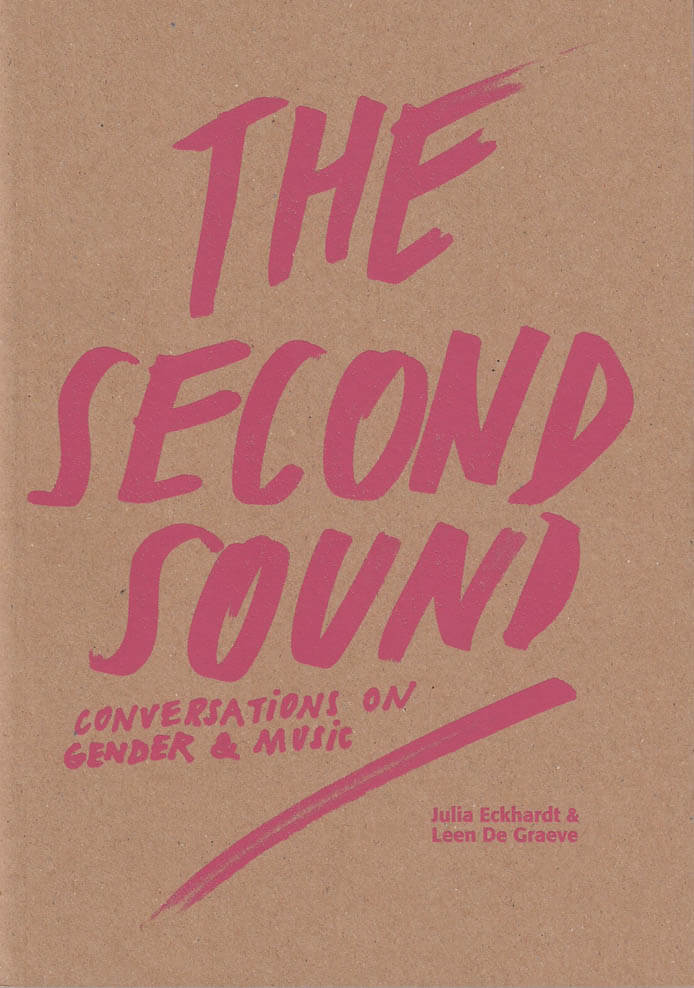
De-/Anti-/Post-colonial Feminisms in Contemporary Art and Textile Crafts
Twelve essays discussing De-/Anti-/Post-colonial Feminisms in contemporary art and textile craft. This book discusses the theoretical problems of each of these 3 approaches and each author in the book takes a different perspective on the relationships between them. These differences matter. The authors come from France, Sweden, USA (Chicano/First Nation/Black American communities), India, South Africa, The Netherlands, Pakistan, India and UK. They discuss a wide range of practices from contemporary women artists, independent teaching initiatives, experimental film and its histories, avantgarde theatre and women's craft practices in rural communities in conflict areas.




